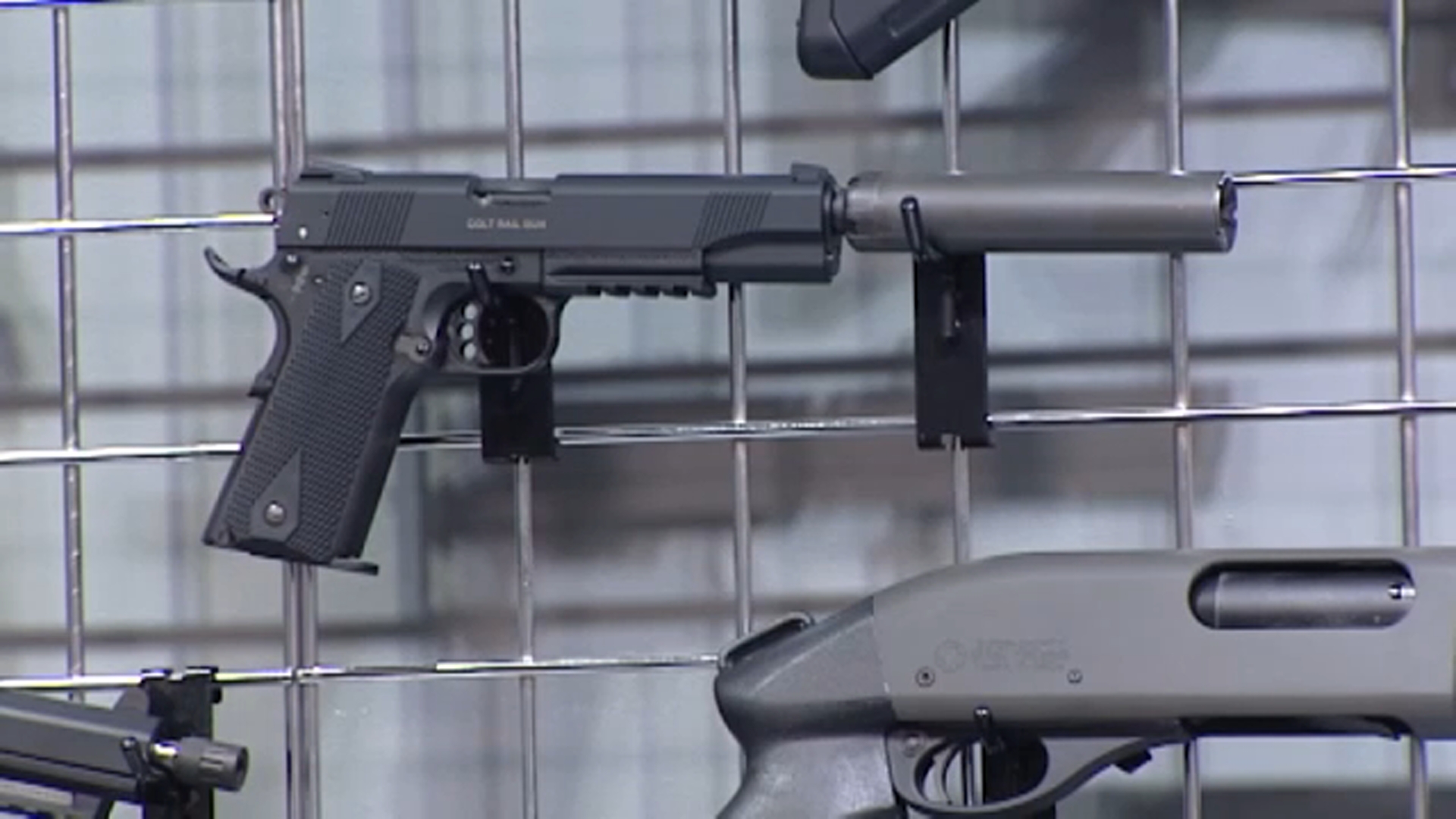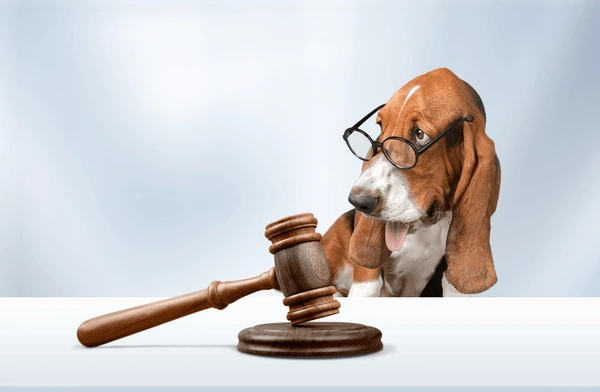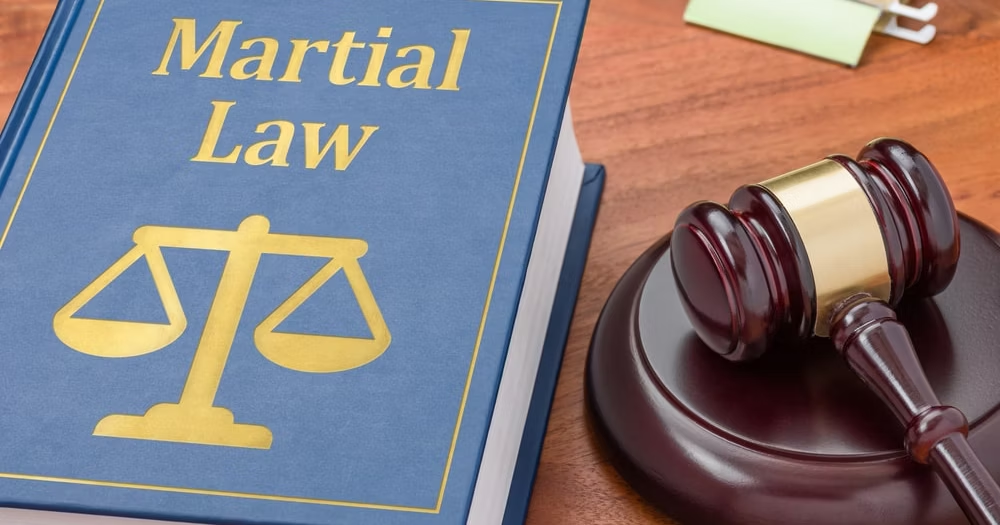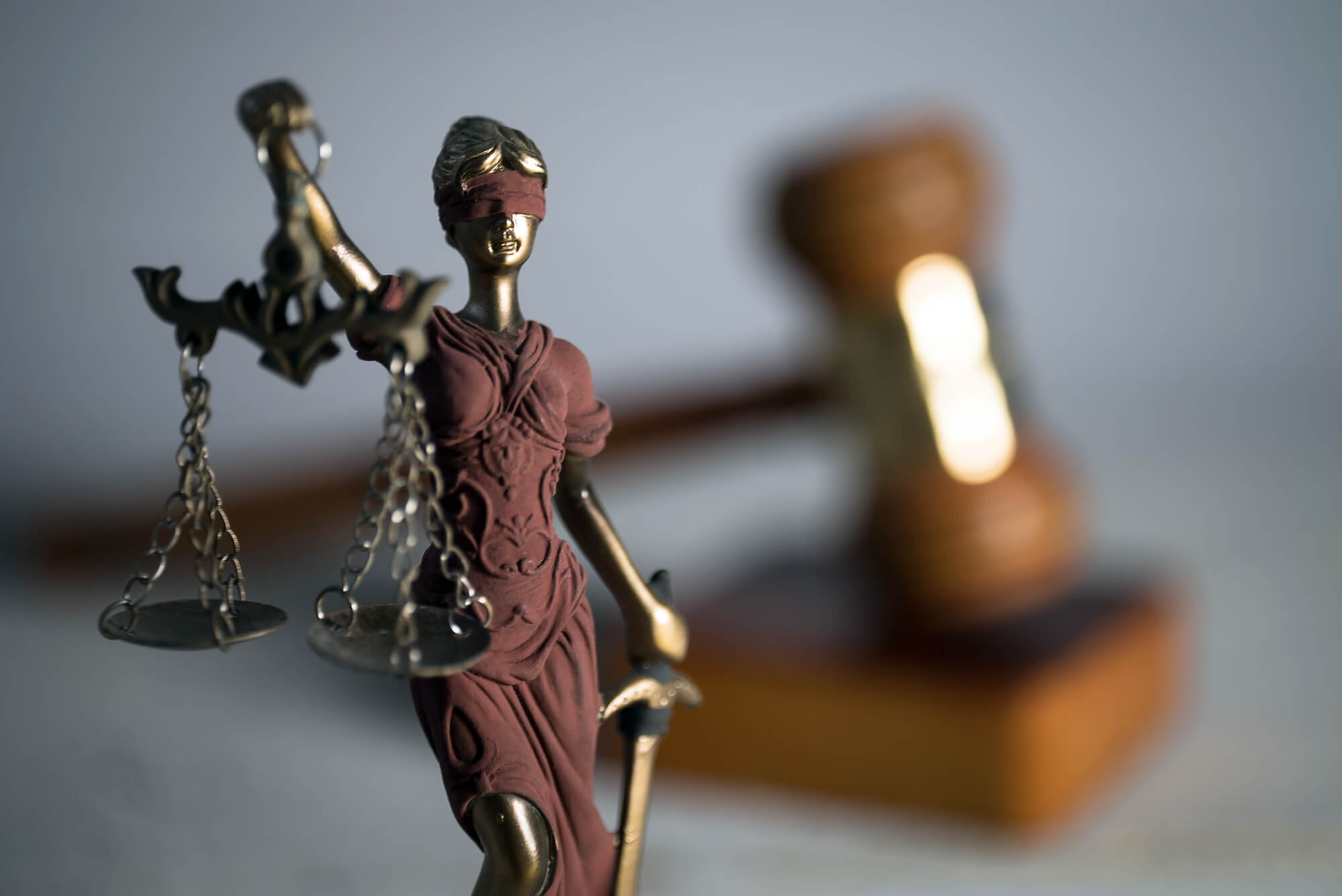In Texas, gun ownership is a hot topic. With a rich history of gun culture, Texas has some of the most lenient firearm regulations in the country. One aspect of these regulations that often comes up is suppressors. Suppressors, sometimes called silencers, are devices attached to the muzzle of a gun to reduce the noise it makes when fired. But how do Texas suppressor regulations affect gun ownership and usage? Let’s dive into this topic and break it down so that anyone can understand, even if you’re just starting to learn about firearms. You can also read this Discovering the Charm of Rio Six in Beeville Texas
What Are Suppressors?
To start, let’s explain what a suppressor is. Imagine you’re blowing air through a straw into a glass of water. The bubbles make noise, right? Now, think of a suppressor as a way to quiet those bubbles. Suppressors work by trapping and slowing the expanding gases from the gunpowder as it ignites. This reduces the noise and sometimes even the recoil (the backward push of the gun) when the gun is fired. They don’t make guns completely silent but can make them much quieter.
The History of Suppressor Regulations in Texas
Historically, suppressors were seen as a tool for criminals and were heavily regulated. However, attitudes toward them have changed over time. In Texas, suppressor regulations have evolved, becoming more permissive. Before 2015, the federal government tightly regulated suppressors. In Texas, the rules were aligned with federal laws, making suppressors hard to acquire and use. But with the passage of new laws and the changing attitude toward gun ownership, the situation has improved for gun enthusiasts.
Current Texas Laws on Suppressors
As of now, Texas has specific laws governing the use and ownership of suppressors. According to state law, suppressors are legal in Texas for use with firearms. However, owning and using them involves following certain rules:
- Federal Registration: Even though Texas allows suppressors, you still need to comply with federal regulations. This means you must register your suppressor with the Bureau of Alcohol, Tobacco, Firearms and Explosives (ATF). This process includes filling out paperwork, paying a tax, and passing a background check.
- State-Specific Rules: Texas does not have additional restrictions beyond federal law, but it’s essential to understand both sets of regulations. For instance, you cannot use a suppressor to commit a crime, and there are specific places where you cannot use them, such as schools or federal properties.
- Usage Restrictions: While you can own and use a suppressor in Texas, the use is restricted in some public places. For example, hunting with a suppressor is allowed, but the rules may vary by county or city.
How Suppressor Regulations Affect Gun Ownership
Suppressor regulations have a significant impact on gun ownership. Let’s break down how these regulations influence individuals and the community:
- Ease of Acquisition: With the laws becoming more relaxed, acquiring a suppressor is more accessible. This means that responsible gun owners who want to reduce noise and recoil can now do so more easily. The process involves legal paperwork and a waiting period, but it is more straightforward than in the past.
- Public Perception: The legal status of suppressors can influence public perception. Some people believe that suppressors are only for criminals, but in reality, they are used by law-abiding citizens for various reasons, including reducing noise and protecting hearing. By making suppressors legal, Texas helps to shift this perception and promote responsible usage.
- Safety and Hearing Protection: One of the main reasons people use suppressors is for hearing protection. Guns can be extremely loud, and repeated exposure to gunfire without protection can lead to hearing loss. Suppressors help to mitigate this problem, making shooting sports safer for everyone.
How Suppressor Regulations Affect Gun Usage
Understanding how suppressor regulations affect gun usage can help you make informed decisions about whether to use one. Here’s how these regulations impact day-to-day firearm use:
- Noise Reduction: Suppressors significantly reduce the noise of gunshots. This is beneficial not only for the shooter but also for people nearby. In shooting ranges or hunting scenarios, reducing noise can make the experience more pleasant and less disruptive.
- Recoil Management: Suppressors can also help manage recoil, making guns easier to handle. This can improve accuracy and comfort, especially for those new to shooting or those with physical limitations.
- Hunting and Shooting Sports: In Texas, using a suppressor for hunting is legal and can be advantageous. It allows hunters to remain discreet, which can be crucial for successful hunting. For shooting sports enthusiasts, suppressors can enhance the experience by making shooting more enjoyable and less disruptive.
Common Misconceptions About Suppressors
There are several misconceptions about suppressors that need to be addressed. Understanding the truth behind these myths can help clarify how suppressors fit into the legal landscape:
- Myth: Suppressors Are Only for Criminals: This is a common misconception. While suppressors are often depicted as tools for criminals in movies, they are legally owned and used by many responsible gun owners. They are legal in Texas and many other states when used appropriately.
- Myth: Suppressors Make Guns Silent: Suppressors do not make guns completely silent. They reduce noise, but not entirely. The sound of the bullet breaking the sound barrier (for supersonic ammunition) will still be audible. Suppressors primarily reduce the noise created by the expanding gases.
- Myth: Suppressors Are Illegal Everywhere: This is not true. While some states have stricter regulations, many states, including Texas, allow the legal use and ownership of suppressors. It’s essential to be aware of both federal and state laws to ensure compliance.
Conclusion
In summary, Texas suppressor regulations have a significant impact on gun ownership and usage. With more relaxed laws, acquiring and using suppressors has become easier for law-abiding citizens. Suppressors help reduce noise and recoil, enhancing the shooting experience and offering hearing protection. While misconceptions about suppressors persist, understanding the facts can help promote responsible use and clarify the role of suppressors in Texas.
If you’re considering using a suppressor, remember to follow both federal and state regulations. By doing so, you can enjoy the benefits of suppressors while staying within the bounds of the law.
4o mini





